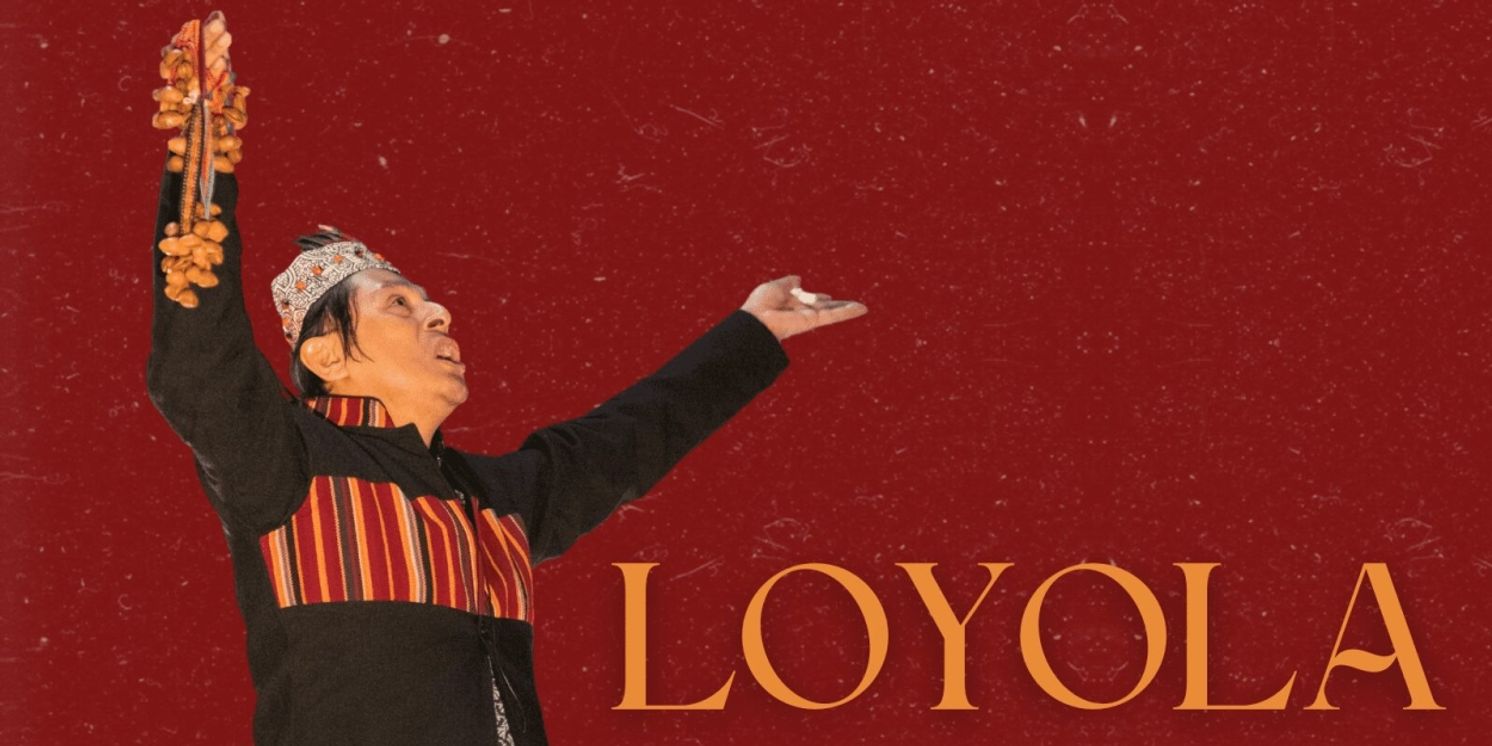Review: LOYOLA, Grimeborn Festival, Arcola Theatre
Long lost 18th century opera resurrected

 Art, even something as esoteric as a recently discovered opera written about 300 years ago in South America, should be trusted to stand on its own two feet - one feels Werner Herzog would do so and he’s not a bad guide in this area. But we have to sit through quite a lot of unnecessary video explaining the Jesuit missionary philosophy and of its lasting impact on indigenous peoples in Argentina as we wait for the music.
Art, even something as esoteric as a recently discovered opera written about 300 years ago in South America, should be trusted to stand on its own two feet - one feels Werner Herzog would do so and he’s not a bad guide in this area. But we have to sit through quite a lot of unnecessary video explaining the Jesuit missionary philosophy and of its lasting impact on indigenous peoples in Argentina as we wait for the music.
Thankfully, once the band of impressive musicians strike up with their mix of traditional European and traditional Native instruments, the show takes off and its two main strengths emerge - the singing and the score.
If the bedbound, dying priest, San Ignacio, is given a thinnish tenor by Rafael Montero (the founder of El Parnaso Hyspano, the company which produced the work), that’s in keeping with the role. No such issue, even in this tricky venue, for the supporting players, Tara Venkatesan’s crystalline soprano maintaining pace with Biraj Barkakaty, a countertenor, who provides the thrills only that voice can close-up and personal. They are two medics tending to the stricken Jesuit, but they soon have to protect him from another, an interloper who seeks to offer an unwanted communion. Victor Sgarbi has a lot of fun with his role as The Devil and, yes, he probably does have the best tunes. The quintet is rounded out by Kate Smith as Ignacio’s son, grieving for imminent loss, but sent out to continue his father’s work.
Director, Michael Walling, maintains this dreamy, ethereal otherness throughout the hour’s running time, helped by splendid playing of a score that eases from melodies we can locate to melodies we can’t, produced by instruments we do recognise and instruments we don’t. One is almost lulled into a drifting semi-conscious, possibly religious, state by such strangeness embedded in the familiar. If you look away from the surtitles, it’s all rather relaxing.
The libretto, though, is much harder work, repetitive disquisitions on the nature of true faith, on Ignacio’s impending meeting with his God and on how to honour his work in the future. It’s safe to say that the issues that concerned the deeply religious Domenico Zipoli, the opera’s writer, in 1720 do not cross over easily to Dalston in 2023.
Loyola is a fine example of what festivals such as this one should be doing - a curious work, delivered with an extremely high level of technical skill, that surprises and stretches its audience. Quite a tough watch on a hot night for all that, mind you.
Loyola is at the Arcola Theatre until 12 August
Reader Reviews
Videos

